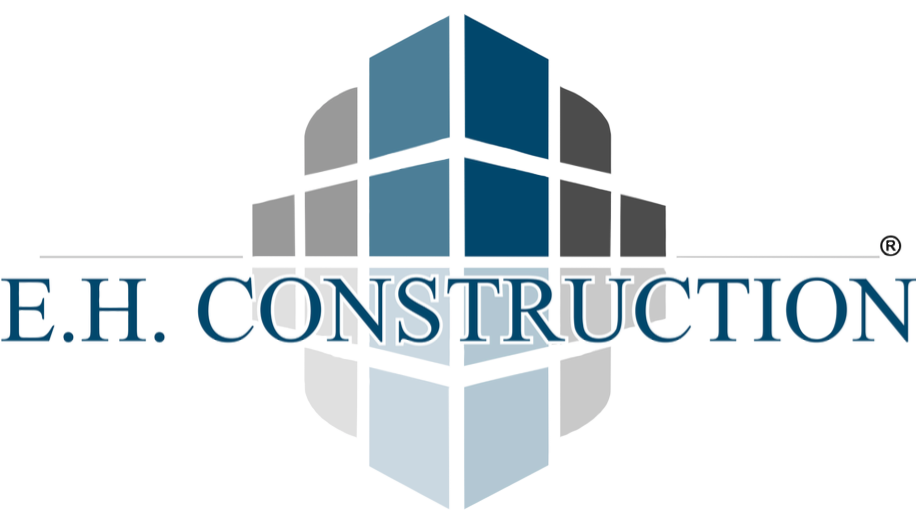Which Tools Do the Pros Use—and Why You Might Want Them Too
Ever wonder how construction workers make framing a house look like assembling IKEA furniture? Or how custom home builders pour a perfect slab of flatwork while your last DIY project ended in tears and a bag of leftover screws? Spoiler: it’s all about the tools. Well… tools and decades of experience—but mostly tools.
Let’s pull back the curtain on the jobsite and take a fun, sawdust-scented tour through the tools the pros swear by and why they’re total game-changers.
🛠️ 1. The Laser Level – Because Eyeballing It Doesn’t Cut It
Forget the ol’ string-and-stick routine. Pros use laser levels to get pin-straight forms, dead-on foundation lines, and perfectly aligned framing. Especially on large construction sites or building construction jobs, accuracy isn’t optional—unless you want a gable that looks like it belongs in a Dr. Seuss book.
Laser levels also shine (pun intended) for laying out floor plans, especially when syncing work between teams using BIM (Building Information Modeling) or CAD (Computer-Aided Design).
🦾 2. The Backhoe – The Muscle Behind Every Big Dig
When you’re dealing with expansive soils, digging footers (footings) by hand is like trying to eat soup with a fork. Enter the backhoe. This beast of a machine is every general contractor's best friend for trenching, grading, or prepping for ready mix concrete.
If your project includes new plumbing, a foundation slab, or serious excavation, a backhoe turns what would take days into a job done before lunch.
💨 3. Nail Guns – Faster Than a Speeding Carpenter
When you're sheathing, framing, or installing fascia, hammering nails the old-school way is just slow and loud. Nail guns are lightning-fast, ultra-efficient, and oddly satisfying to use. And they make home builders look like wizards.
Bonus: they're essential for fire-resistive (fire-rated) assemblies where nailing schedules matter for code compliance.
🧱 4. Power Mixers – The MVP for Concrete Perfection
Whether it’s a patio, walkway, or floating slab, pros rely on power mixers to get a perfect blend every time. You can't talk about ready mix concrete without recognizing how critical consistency is. A sloppy mix means weak concrete—aka cracking, crumbling, and very unhappy clients.
Most construction companies use either truck-mounted or portable mixers, depending on the size of the job. Either way, your foundation (literally) depends on it.
⚡ 5. GFCI Testers – Safety First, Sparks Later
Ever heard the phrase “don’t get zapped on the job”? Probably not, but that doesn’t mean it’s not good advice. Construction workers use GFCI (Ground Fault Circuit Interrupter) testers to make sure outlets are functioning safely—especially near water or on exterior forms.
They're simple, cheap, and can save your life. 10/10 would recommend.
🔎 6. Moisture Meters – Because Damp Wood is Bad News
When working with lumber, especially green board (pressure-treated lumber), pros check the grain and moisture content before install. A moisture meter ensures your framing lumber won’t warp later on and mess with your floor plan or frieze board (bird block) alignment.
For any passive house or green building project, where efficiency and durability are key, these little gadgets are priceless.
🔧 7. Impact Drivers – The Boss of Screws
Drills are great. Impact drivers are better. They pack more torque, are less likely to strip screws, and make quick work of everything from hanging flashing to building complex glulam (glued laminated beam) structures.
Most builders have both tools on hand, but once you go impact, you rarely go back.
📋 8. Project Management Software – AKA the Digital Toolbox
Behind the scenes, contractors use project management tools to keep everything on track. Think daily daily reports, cost codes, change orders, and even cost-plus contracts.
This software integrates with tools like BIM, tracks bids, and ensures your blueprints don’t get lost under a pile of energy drinks in the truck. If you're serious about staying organized (and profitable), this is a must-have.
🧱 Bonus: Specialized Tools for Special Situations
Damp proofing sprayers – For keeping your foundation bone dry.
Heat guns – For detail work on fire-resistive roofing.
Concrete vibrators – To eliminate bubbles and ensure strong forms.
Fascia brakes – For bending sheet metal like a boss.
Why Do Pros Use These Tools?
Because time = money. Because safety matters. Because precision is everything.
When you're a construction company trying to keep the cost to build a house down, tools aren't just an expense—they’re an investment. Whether you’re working with L&T Construction, doing a custom home build, or pouring flatwork in your own backyard, using the right tools gets the job done faster, better, and safer.
Final Word
You don’t have to be a pro to use pro tools—but knowing which tools make a difference can save you a ton of time (and possibly a few gray hairs). Want the best results? Work with experienced builders who know their tools, love what they do, and are backed by the power of a great construction site crew.
Stay sharp, stay safe, and build something awesome. 🛠️🏗️
Need help with your next build? Whether it's foundation to fascia, or floor plan to finish, give your local contractor a shout. They’ve got the tools—and the talent—to get it done right.

